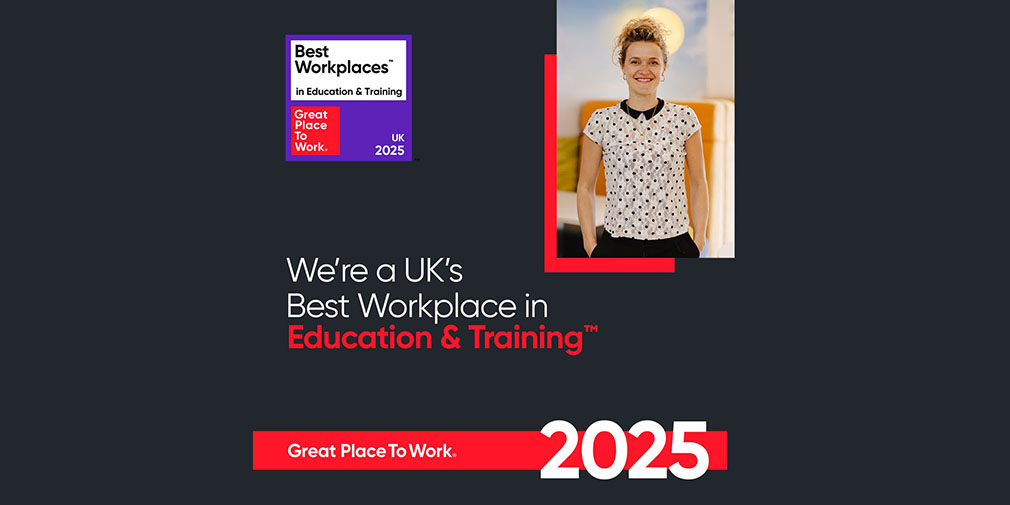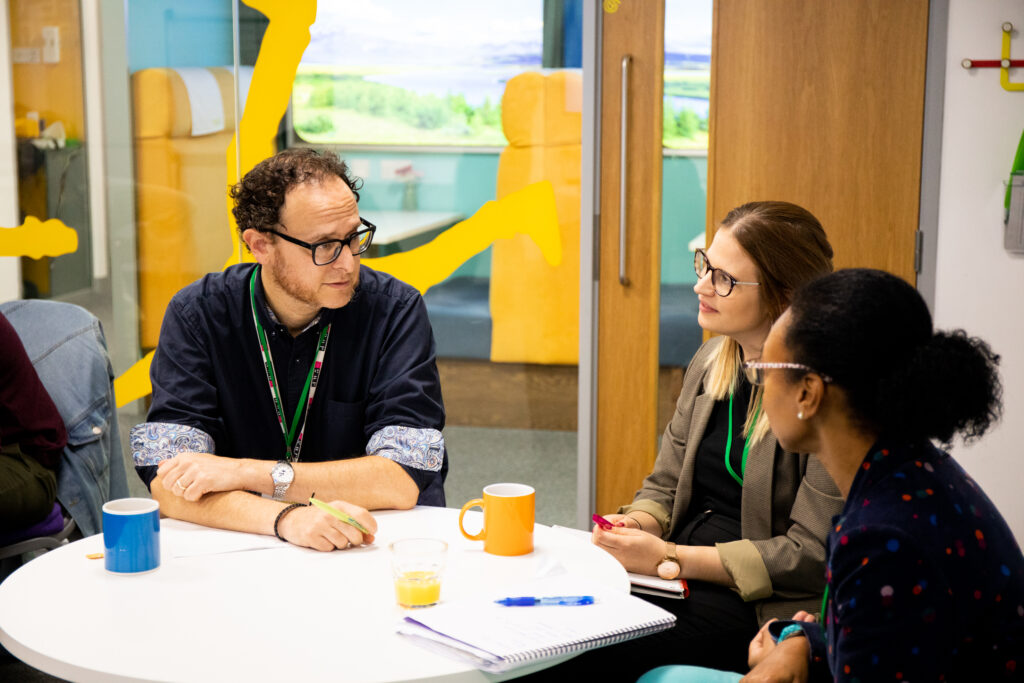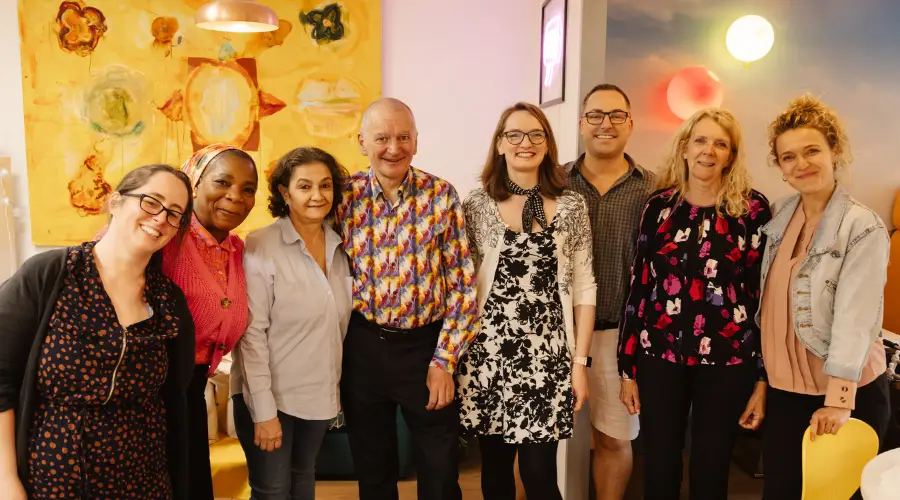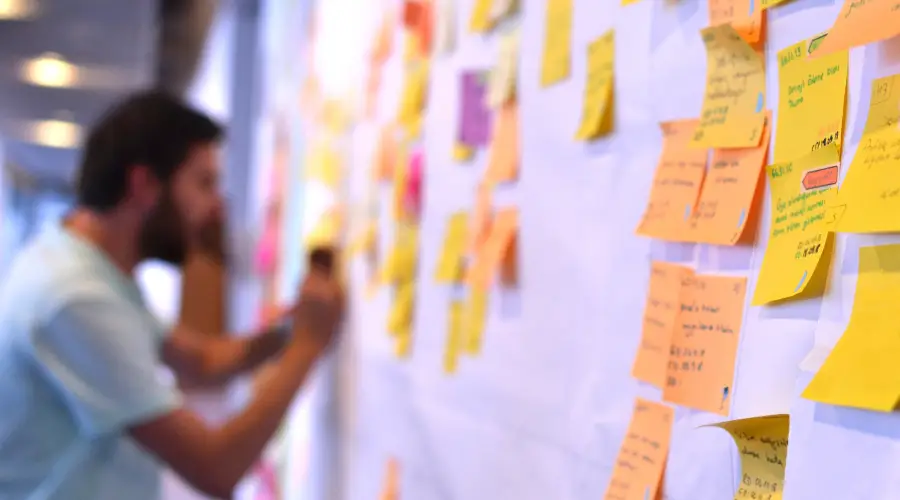The book’s recommendations are specifically aimed at people who enjoy a reasonable amount of material comfort and endeavour to apply their intelligence towards a successful career. This could sound like a somewhat exclusive group, but the behavioural observations (and corresponding life advice) will sound familiar to people from all walks of life.
Raghunathan – a marketing professor, psychological researcher and highly successful happiness coach – carries out his happiness investigation in seven distinct movements, each divided into two complementary parts. He starts by identifying the “seven deadly happiness sins” and then resolves each of them with a corresponding habit of the highly happy. The next two blog entries will provide an easy to read distillation of the book’s key arguments.
Happiness sin #1: Devaluing happiness
We all want to be happy. However, Raghunathan observes a surprising lack of commitment when it comes to upholding happiness as one of life’s core goals. Happiness is often neglected in the midst of daily decision-making – he names money, status, career advancement and intellectual pedantry as some things that commonly get in the way.
Happiness habit #1: Prioritising but not pursuing happiness
The flipside of devaluing happiness isn’t rearranging your habits and principles to become hell bent on seizing happiness at all costs – this kind of approach is likely to be quite superficial, not to mention selfish. Rather, Raghunathan proposes developing your own definition of happiness, which should allow you to more readily incorporate it into your life.
To arrive at your definition, simply look at what’s brought you happiness in the past. Your findings are likely to encompass things that stirred feelings of love and connection, joy, pride, and an extent of harmony between your internal and external worlds. Having pinpointed the determinants of past happiness, you can then prioritise such habits and circumstances in the future.
Happiness sin #2: Chasing superiority
If we’re more successful than our colleagues on a certain project, or singlehandedly lead our team to victory in the local pub quiz, we tend to be pretty pleased with ourselves. But despite realising that boasting isn’t an endearing trait, we’re duped into waving our achievements around as though real life were an online dating profile.
There’s nothing wrong with aiming high, says Raghunathan. Continually expanding our abilities and seizing opportunities for self-growth will indeed increase our happiness levels. But a fixation with superiority is likely to obfuscate our true interests and debase the radiance of experience.
Happiness habit #2: Pursuing flow
In hip hop music, the term flow is used to describe the rhythms and rhymes of the lyrics and the manner in which they’re delivered. MCs with preeminent flow not only make rapping sound effortless, but they display a captivating synergy with the music. The musical concept of flow corresponds with Raghunathan’s argument that flow works to mitigate the superiority impulse and improve happiness.
Flow basically means being so immersed in what you’re doing that the concept of superiority becomes irrelevant (at least temporarily). Flow is dependent on a sense of purpose or inherent meaning – if you hate your job, for instance, you’re unlikely to experience flow in the workplace. So again, exercising this habit of the highly happy entails finding ways to trigger the recurrence of flow inducing circumstances.
Happiness sin #3: Desperation for love
Human interactions are highly complex and often inscrutable. Despite general consensus about the significance of love and emotional connection, neediness is a real turn off. This doesn’t just refer to romantic love – emotional connections with close friends and family members will be stronger and richer if they are founded upon mutual respect.
Happiness habit #3: The need to love (and give)
Instead of looking at the people around you and saying “gimme gimme gimme”, a more sustainable approach to happiness is a willingness to put one’s resources and compassion towards enhancing the lives of others. Raghunathan shares findings from a number of studies underlining the benefits of a generous mindset.
Simply dropping a 1p coin into the charity bucket at your local Tesco probably won’t make a significant impact on your state of mind. However, Raghunathan explains that bearing witness to the outcomes of your generosity can give happiness levels a big boost. This could mean anything from assisting friends with moving house or redecorating to volunteering with less fortunate members of your local community or gladly participating in activities that your loved ones hold dear, even if you’re personally not that interested.
Related blogs
- Book Report: “If You’re So Smart, Why Aren’t You Happy?” Part 2 — The second part of the book report on If You’re So Smart, Why Aren’t You Happy? by Raj Raghunathan.
- The Calming, Remedial Influence of Mindfulness — Mindfulness is a wonderful life skill. This blog gives a brief introduction to mindfulness.
- 4 Ways to Improve Your Relationship With Stress — We all experience stress but it doesn’t need to be something we suffer, here are 4 ways to improve your relationship with stress.
- Five things I learned on Happy’s Mindfulness training course — An account of what blogger Billy Burgess learnt when he took the Happy Mindfulness training course.






















